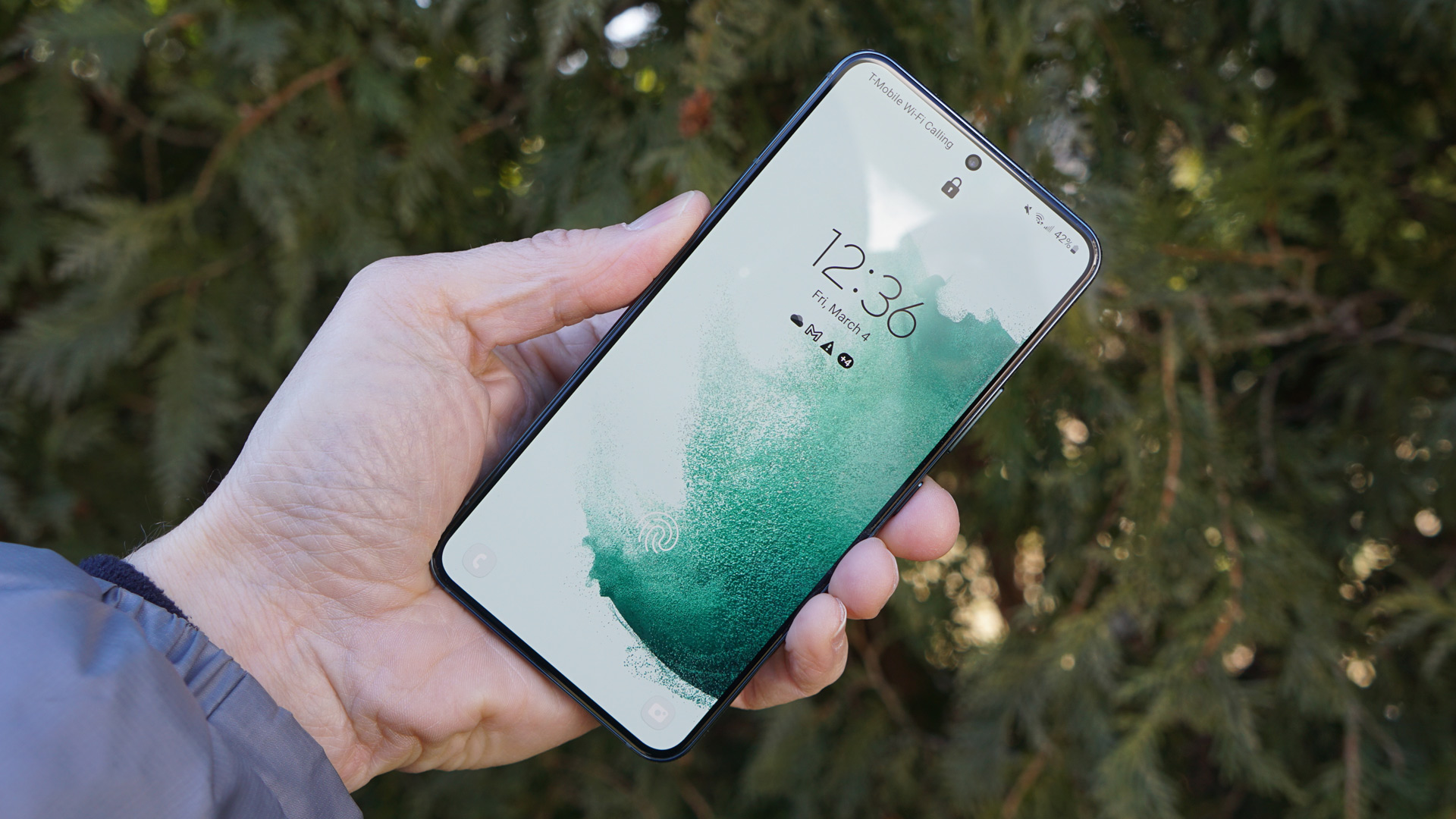Samsung Galaxy S23 might fix the S22's biggest problem
One chipset to rule them all

Sign up for breaking news, reviews, opinion, top tech deals, and more.
You are now subscribed
Your newsletter sign-up was successful
The Samsung Galaxy S line is made up of largely fantastic phones, but one issue that has long affected them is the use of a different chipset in different parts of the world, with one of those chipsets inevitably being weaker. Now though, it looks like Samsung might finally be addressing that issue.
According to Naver (a South Korean news site), Samsung is creating a "dream team" of around 1000 employees to build a chipset designed specifically for Galaxy smartphones.
Now, this apparently won’t be ready in time for the Samsung Galaxy S23 or even the Galaxy S24, but supposedly the resources required in developing this new chipset means Samsung won’t make Exynos chipsets for those phones, relying purely on Qualcomm Snapdragon ones worldwide.
In other words, every model of the Samsung Galaxy S23 and Galaxy S24 might have a Snapdragon chipset, rather than some regions getting Snapdragon and others getting a Samsung-made Exynos one, as we’re seeing with the Samsung Galaxy S22 line.
This custom chipset then would apparently be complete in 2025, so possibly in time for the Samsung Galaxy S25. It’s not totally clear whether we’d then see another chipset split with the launch of this, but this isn’t the first we’ve heard of Samsung building a custom chipset.
Around a week earlier another report said similar, noting that the decision was a response to the poor thermal management of both the Exynos 2200 and the Snapdragon 8 Gen 1 chipsets, which suggests Samsung would look to only offer this custom model once it’s ready.
Of course, this is just a rumor for now, but it’s a promising one. Samsung’s Exynos chipsets tend to perform worse than comparable Snapdragon ones, so a move to Snapdragon everywhere for a couple of years would benefit buyers who are usually lumbered with Exynos.
Sign up for breaking news, reviews, opinion, top tech deals, and more.
Then, if this custom chipset is as good as Samsung must be hoping, we might see the Galaxy S25 onwards have a better chipset than any other Android phone.
Analysis: The Exynos difference
You might be wondering how this new chipset will be any different from an Exynos one. After all, Samsung already makes Exynos chipsets and sticks them in its phones. But the difference is that while those are used in Galaxy phones, they’re also offered to other phone makers, so they’re designed to be general purpose.
This new chipset meanwhile would be built from the ground up for Galaxy smartphones, a bit like what Apple does for its A-series chipsets.
Then again, the fact that Samsung’s general-purpose chipsets can’t typically match Qualcomm’s, even when stuck in a Samsung phone, suggests it might be worth keeping your expectations in check.
Via SamMobile
James is a freelance phones, tablets and wearables writer and sub-editor at TechRadar. He has a love for everything ‘smart’, from watches to lights, and can often be found arguing with AI assistants or drowning in the latest apps. James also contributes to 3G.co.uk, 4G.co.uk and 5G.co.uk and has written for T3, Digital Camera World, Clarity Media and others, with work on the web, in print and on TV.